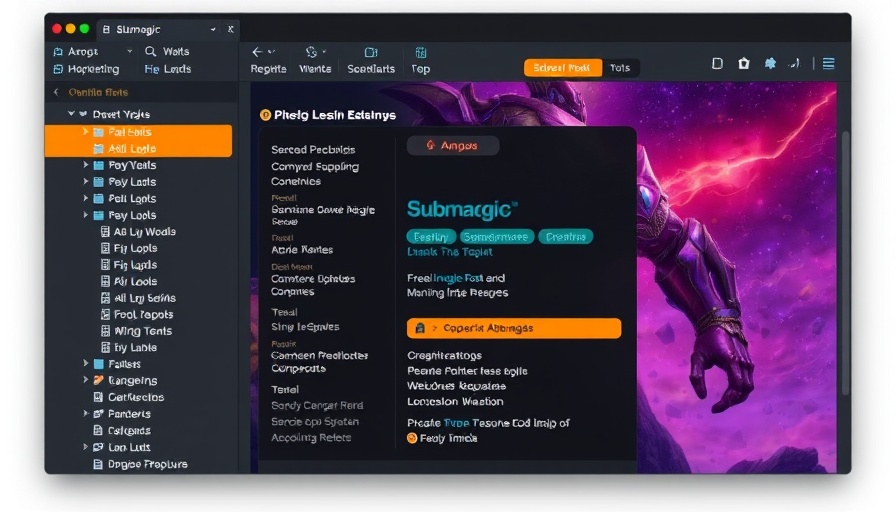
Figma's IPO: A New Chapter for Startup Growth
The excitement around Figma's upcoming IPO is palpable, as its founder, Dylan Field, prepares to cash out approximately $60 million. But this IPO is noteworthy not just for Field’s sale but also for the unprecedented opportunity it presents for other existing shareholders. In a strategic move, Figma will allow its current investors, including major players like Kleiner Perkins, Greylock, Index Ventures, and Sequoia, to sell up to 24.7 million shares, significantly more than the 12.5 million shares Figma plans to sell.
Existing Shareholders Get a Golden Ticket
Unlike typical IPOs where shareholders often have limited liquidity options, Figma is changing the game. By permitting existing investors to profit alongside the company, Figma aims to ensure proper market demand is met. The venture capitalists stand to sell between 1.7 million to 3.3 million shares each, helping bolster their return to investors amidst a challenging liquidity environment in venture capital.
Dylan Field’s Control Remains Strong
Even after selling off a portion of his holdings, Field will maintain a commanding presence in Figma. He’ll still control 74% of the voting rights post-IPO, thanks to the supervoting rights of his Class B shares. This structure underscores his commitment to the company’s vision, even as he sees a cash influx from this transaction.
The Market’s Pulse on IPOs
The reaction of the market to Figma’s IPO will be crucial, especially as it launches in a trend where many tech companies are opting for public offerings. If the IPO prices above the expected range, this could signal rising comfort with tech investments, a welcome boost for entrepreneurs seeking inspiration and funding.
Why Figma’s Approach is Worth Emulating
For startup entrepreneurs, Figma's intentional sharing of its IPO growth with its investors presents a template for future launches. It is a reminder that transparency and collaboration with stakeholders can be rewarding, fostering trust and a sense of engagement that might lead to further investments down the line.
As we observe Figma's trajectory, it raises questions about the role of liquidity in entrepreneurial ventures and how accommodating shareholder need can still align with company goals. Emulating such practices could help startups navigate their unique paths in today's dynamic market.
Curious about investing smarter after learning this news? Learn How to Invest Smarter — Free Info, No Obligation, Nationwide Support.
 Add Row
Add Row  Add
Add 




Write A Comment